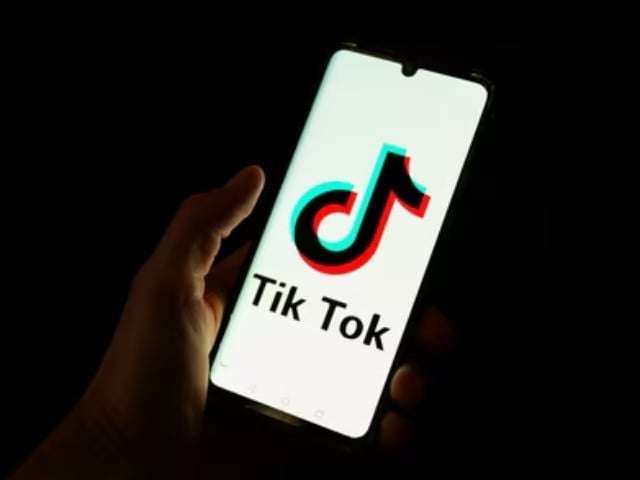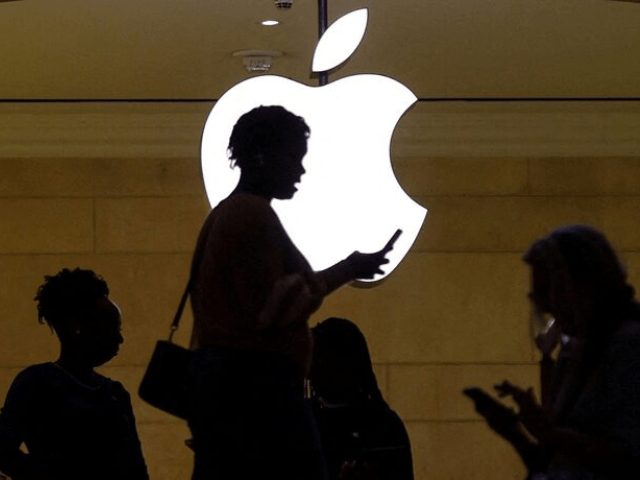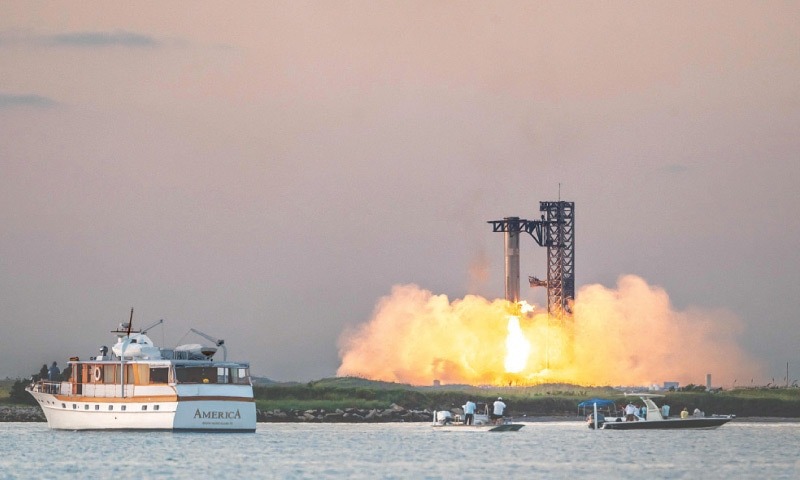The popular social media platform TikTok has found itself in the spotlight once again, facing allegations of content censorship. Claims have surfaced that comments containing the phrase “Free Palestine” are being flagged and removed for violating community guidelines. This has sparked widespread debate about content moderation, free speech, and potential political pressures influencing tech companies.
Allegations of Censorship: What’s Happening?
User Reports of Comment Removal
Numerous TikTok users have reported that their comments containing the phrase “Free Palestine” were flagged as violations of the platform’s community guidelines. Notifications described the content as “hate speech” or “hateful behavior.”
- Some users claimed their comments were removed almost instantly.
- Screenshots shared on social media platforms such as X (formerly Twitter) and Bluesky show messages explaining that these comments violated TikTok’s policies.
One user noted:
“I tried commenting ‘Free Palestine’ on two different accounts. On one account, it stayed up. On the other, it was removed immediately, citing a violation of community guidelines.”
TikTok’s Response
TikTok has denied having a specific policy against pro-Palestinian content. In a statement, the company said:
- There have been no recent changes to its moderation policies.
- The flagged content may be a result of “temporary instability” due to system adjustments after the app’s recent reinstatement in the US.
However, these explanations have done little to quell users’ concerns about censorship and bias.
Historical Context: TikTok and US Intervention
Trump’s Campaign Against TikTok
TikTok’s troubles are not new. In recent years, the platform has faced significant challenges, including a temporary ban in the US under the administration of President Donald Trump. The ban was attributed to national security concerns surrounding TikTok’s Chinese ownership.
Content Moderation and Political Pressures
Some users speculate that TikTok’s recent moderation practices may be tied to the company’s efforts to avoid political scrutiny in the US. The platform, which has been under pressure to comply with US regulations, may inadvertently censor certain content to avoid backlash.
Broader Censorship Concerns
Suppression of Palestinian Voices Online
The removal of “Free Palestine” comments is not an isolated incident. Over the years, several tech companies, including TikTok, have been accused of censoring pro-Palestinian content.
High-Profile Incidents:
- In October 2023, 48 organizations released a statement condemning tech giants like TikTok, Instagram, Google, and Twitch for disproportionately suppressing Palestinian content.
- Allegations of bias in content moderation policies have fueled the belief that tech companies favor narratives aligned with powerful political lobbies.
Geopolitical Implications
Critics argue that TikTok’s alleged censorship aligns with lobbying efforts by Israeli groups aiming to curb content deemed antisemitic or politically sensitive.
- Comparisons have been drawn between TikTok’s moderation practices and authoritarian censorship.
- Such actions risk stifling free expression, especially on sensitive political and humanitarian issues.
TikTok’s Moderation Policies Under Fire
The Role of Automated Systems
TikTok, like other tech platforms, relies heavily on automated moderation systems to detect and flag content.
- These systems are often imperfect, with a tendency to misinterpret context-specific phrases such as “Free Palestine.”
- Critics argue that over-reliance on automation leads to the suppression of legitimate speech.
Transparency and Accountability
Calls for increased transparency in TikTok’s content moderation process have grown louder.
- Users and activists demand that TikTok clarify how its algorithms and policies are applied.
- There are also calls for an independent review of TikTok’s censorship practices.
Impact on TikTok’s Reputation
The growing allegations of censorship have significant implications for TikTok:
- Loss of User Trust: Many users are questioning whether TikTok is truly committed to free expression.
- Global Backlash: The platform risks alienating users in regions where the Palestinian cause resonates strongly.
- Pressure from Activists: Activists are urging TikTok to ensure fair treatment of all political viewpoints.
FAQs on TikTok and Free Palestine Controversy
1. Why is TikTok removing comments with “Free Palestine”?
TikTok users have reported that comments containing “Free Palestine” are being flagged for violating community guidelines. TikTok has denied having a specific policy against such comments, attributing the issue to temporary moderation errors.
2. What is TikTok’s official stance on censorship?
TikTok claims it is committed to promoting free expression while adhering to its community guidelines. The platform denies targeting any specific political views for censorship.
3. Are other platforms censoring Palestinian content?
Yes, several platforms, including Instagram, Google, and Twitch, have been accused of suppressing pro-Palestinian content in recent years. Activists argue that such actions reflect broader bias in tech moderation policies.
4. Could political pressure influence TikTok’s actions?
Some users and critics believe that TikTok’s moderation practices may be influenced by political pressures, especially following the app’s temporary ban in the US under President Trump.
5. How can TikTok regain user trust?
To rebuild trust, TikTok must:
- Increase transparency about its content moderation policies.
- Conduct independent reviews of flagged content.
- Ensure that its algorithms are not biased against specific political or social movements.



